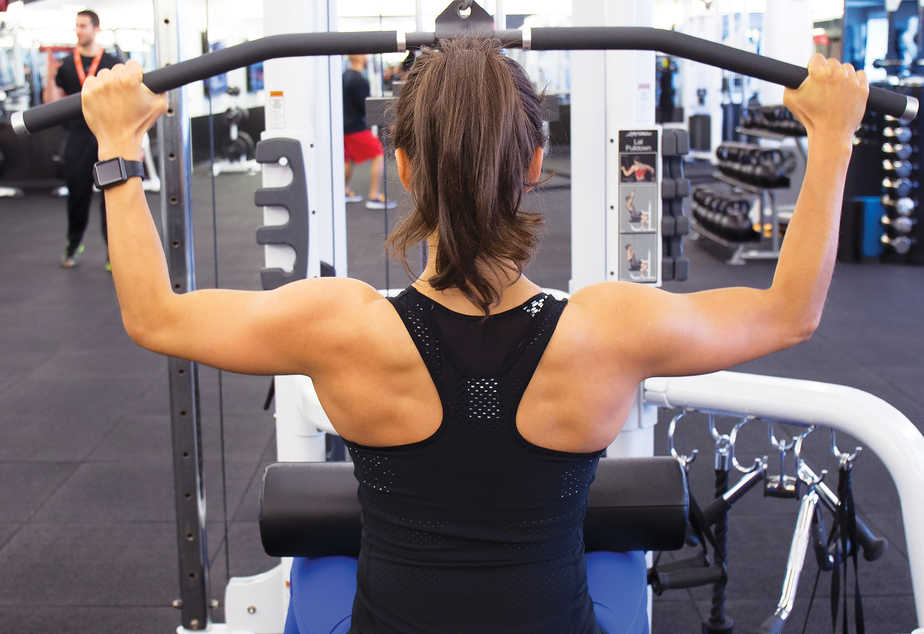More than all those fancy machines, it’s the personalised attention of the personal trainer and the diet tips you get that make going to the gym so beneficial for health
A chat with Sumaya Dalmia, celebrity trainer and founder of a chain of Delhi health clubs branded ‘Sumaya’, reveals many nuances about workouts.
For one, the kind of exercises you do has to change as you grow older. So if you started going to the gym in your twenties, you can’t just follow the same schedule in your forties. “As the body undergoes physiological changes, the nature of your workout has to change, as must your diet and the frequency with which you exercise,” she says.
Having been in this space for so long, she can tell you specifically what are the requirements of your body in different decades of your life.
20-30 years: When you are in your twenties, you can do tougher workouts, and your body recovers faster if you overdo it or stretch a muscle. You can exercise 5-6 times in the gym, play an hour of tennis, go jogging in the park, thus putting in 7-10 hours a week. Women going in for pregnancies will be told by certified trainers that at this stage in life, they have to be fitter than ever.
30-40 years: There are hormonal changes in the body. Women want to recover their core strength and toned bodies after pregnancy, they need weight training to restore the calcium which was transferred to the baby. Typically, this is when occupational hazards like cervical spondylosis, tight shoulders, tender backs make an appearance. They may need to go for one or two rehab sessions – and learn how to deal with that protruding belly.
40-50 years: This is when you need to invest in health for your fifties and beyond. Preventive health measures have to be adopted so that the years ahead are healthy and full of energy. Regular blood tests should be conducted, which give signals about health issues ahead. It may be necessary to have special workouts 3-4 times a week rather than every day, which have specific goals. The dietician would recommend supplements if there are deficiencies.
50-60 years: In our country, thanks to the ‘staff culture’, both at home and in office, people have to be reminded just to be functionally active – making beds, taking out the garbage, doing your own gardening, picking up stuff from the floor, all of which come naturally to Westerners even at this age. After menopause, women have to maintain their bone density, and want to be flexible enough to play with their grandchildren. As the priorities change, so do workout regimes.
60+: Well, if you are already in the habit of taking walks or doing some kind of regular exercise, the retirement years should not present any problems. And you can continue with your regular workouts as advised by the doctor.
Each decade also has its diet requirements. “You can be carefree in your twenties, but in your thirties you become conscious of what you eat, because of weight gain. And from the forties, the diet has to be tailored to tackle the health issues that have come up, like thyriodism, diabetes and hypertension.”
Dr Reshma is an advocate of wellness, prevention and holistic health. Instagram handle: dr.reshmakhattarbhagat





